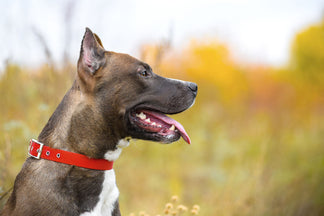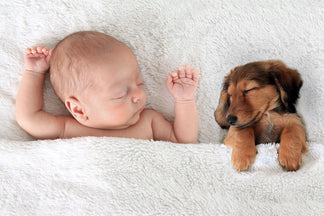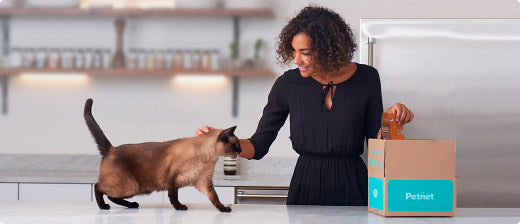A few weeks ago, we wrote about the 2017 Pet Obesity Survey conducted by the Association Pet Obesity Prevention. The results were startling and concerning as the rate of pets being diagnosed as overweight or obese is still on the rise.
Pet owners don’t seem to be concerned that their pets being overweight opens them up to a multitude of health problems, just as it does for humans.
We wanted to dig a little deeper into some of the Survey results in the hope that publicizing this information will educate pet owners and allow them to see where they stack up to other owners.
The good news is that 58% of Americans at least tried to help their pet lose weight, but 48% stated that their vet never offered any advice or suggestions regarding proper nutrition or calorie guidelines for their pets, so they had to fend for themselves, or get their advice elsewhere.
Both pet owners and veterinarians believe that pet food is healthier than it was 10 years ago, with vets coming in at 76% saying it’s better and 63% of pet owners. Both also agreed that people food was not healthy (average of 67%), but only 39% of pet owners and 26% or vets thought that organic pet food was healthier.
When it comes to what pet owners actually feed their pets, dry dog food still reigns supreme with 53% of pet owners and 69% of vets feeding their dogs dry food. Cat owners were a little more evenly split with 49% of owners and 57% of the vets serving their cats dry food over canned.
Raw feeding pets which gained in popularity recently appears, at least according to this survey to be waning with only 28% of owners and 13% veterinarians believing that a raw diet is healthier for their pet.
Our pets also seem to get lots of treats, which may be a contributing factor to their weight issues. 74% of pet owners and vets stated that the regularly give their pet store bought treats.
One of the bigger factors in this obesity crisis is that pets don’t get enough exercise. We stress the importance of daily exercise for your pets, but the survey found that many owners don’t provide daily exercise. The most frequent excuses:
- Not enough time
- Behavioral problems with the pet
- No access to an exercise area
- Physical limitations of owner
There’s lots of food for thought in these results (no pun intended). Owners should take a close look at their pet or have a serious conversation with their vet regarding their pet’s condition. If you think your pet looks fat, then they probably are and since YOU are the one responsible for buying the food, preparing it and feeding them, it’s up to you to make sure they maintain a healthy weight.
Sources:
https://petobesityprevention.org/2017/




 General
General
 General
General
 General
General
